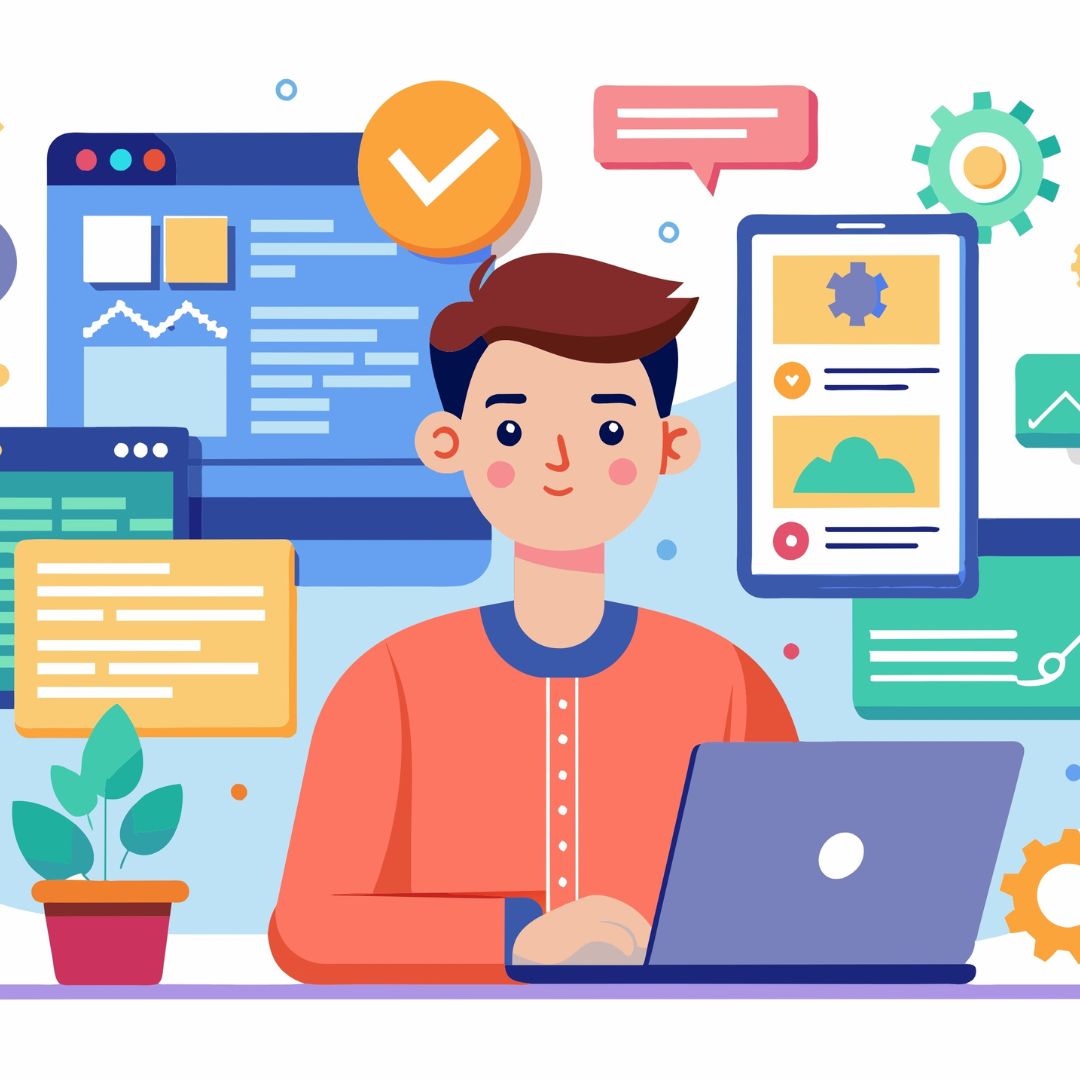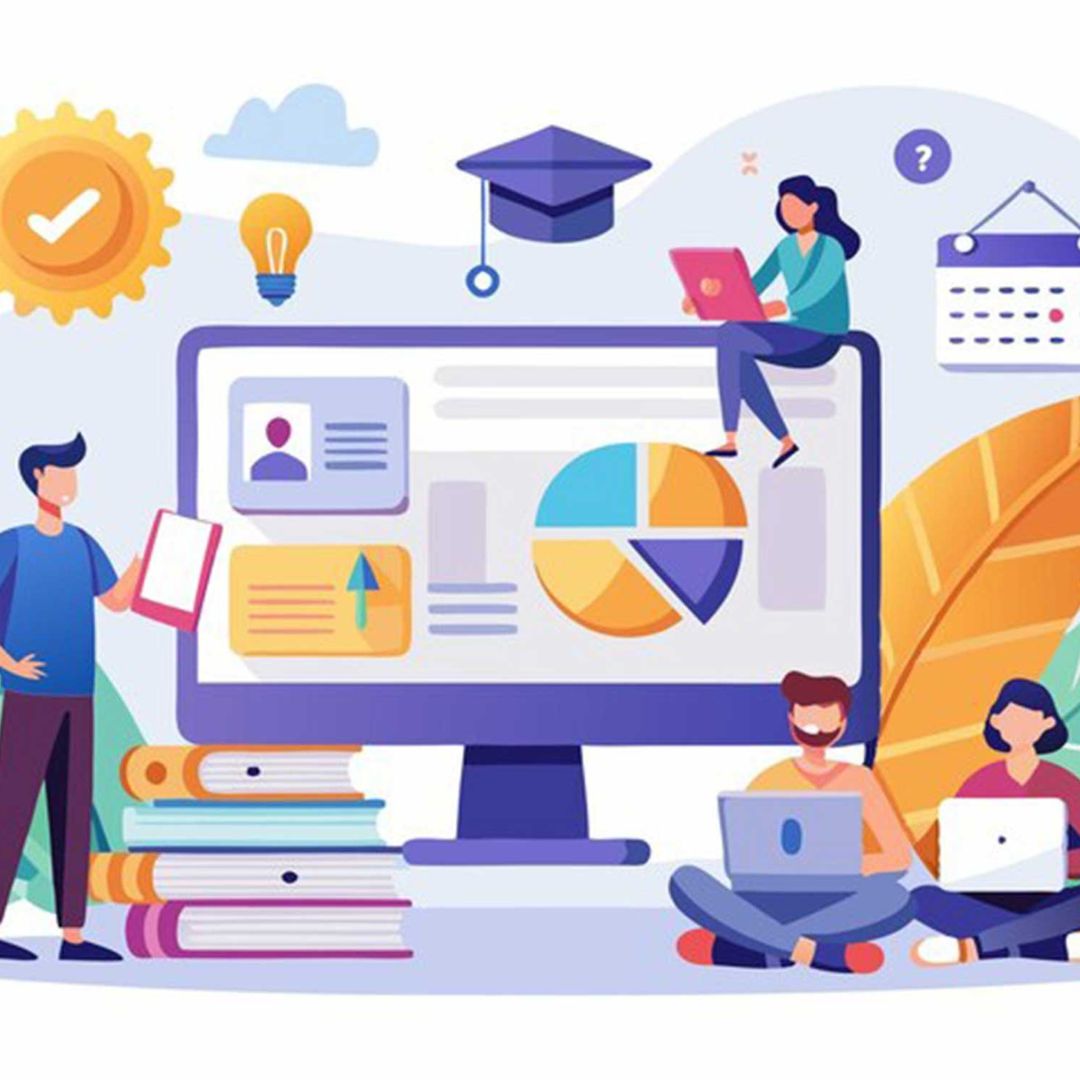Navigating the Salesforce Ecosystem: Understanding Editions and Licenses
Salesforce is a business smart software that helps companies communicate with and support their customers. There are different versions and licenses available to suit different needs and budgets to help businesses reach their goals. This cloud platform is available through a variety of editions and licenses. Through this, business people can customize their Salesforce installation as per their needs and budget.
What is the difference between an edition and a license?
Editions and licenses are both important aspects of the Salesforce platform. Here we will understand the main differences between these two:
- Editions: "Editions" refer to different packages that allow users to use Salesforce services and capabilities with different features and benefits. These editions come with different capabilities, benefits, and pricing that users can organize and structure to meet their business needs. Versioning facilitates the organization of available services and functionalities for users and effectively controls users' access. The major editions of Salesforce are:
- Essentials
- Professional
- Enterprise Plus
- Unlimited
- Performance Editions
- Lightning Edition
- These editions come with different features, features, and prices, which can be selected depending on the needs and aspirations of the business.
- License: A “License” is a type of permission that allows users to use various Salesforce services, features, and capabilities. These licenses are of different types and are adjusted to the users according to their tasks and needs. They are used to manage the number of users, the level of features available, and the accessibility of users. Licenses in Salesforce give users access to a specific set of features. Salesforce licenses determine the number of editions and feature a person or user is allowed to use. Licenses allow users to access different services and features, such as
- Marketing Cloud,
- Service Cloud
- Salesforce Platform License,
- Salesforce Sales Cloud License, etc.
When discussing licenses, there are five different types of licenses worth noting – User, User + Data, User + View, User + Data + View, and Lightning licenses. These licenses refer to different features and access.
How to choose the most appropriate version?
To select the appropriate edition in Salesforce, you must first understand your business needs. It depends on the size, scope, and goals of your business. Analyze the features and prices of the available versions so you can select the version that best suits your business. You should keep in mind the current and future needs of your business so that your selection is reliable, stable, and appropriate for the industry.
To choose the most appropriate license:
To select the most appropriate license in Salesforce, you must first understand your business requirements and the number of users. After that, you need to understand what features and capabilities each license can provide to users in your business. You need to take into account whether your users only want permission to access data, or they need access to special reporting and dashboards. In addition, you will also have to arbitrate your budget, as different licenses have different prices. Finally, before selecting the right license, contact the Salesforce support team to get proper guidance.
To choose the most appropriate version and license based on business needs, it is important to create a good table and measure the company's special needs. When selecting a version and license, you should focus on your business needs, as well as budget and efficiency.
In short, Salesforce editions and licenses help you meet the basic needs of your business, and assist you in communicating with your customers.
Choose Askzenix Technologies for the Best Salesforce Ecosystem:
The company provides various IT services and solutions. Its main fields of production are
- Software and application development
- Digital marketing
- Web design
- Web development
- Mobile application development
- E-commerce
- Web hosting, etc.
The company aims to provide advanced and suitable solutions to its customers to meet their technological and digital needs.
Additionally, it provided support services to businesses in the areas of online outreach, digital promotion, marketing, and e-commerce. Its main objective is to help entrepreneurs and their businesses sustain and grow their business through technology solutions and services.





